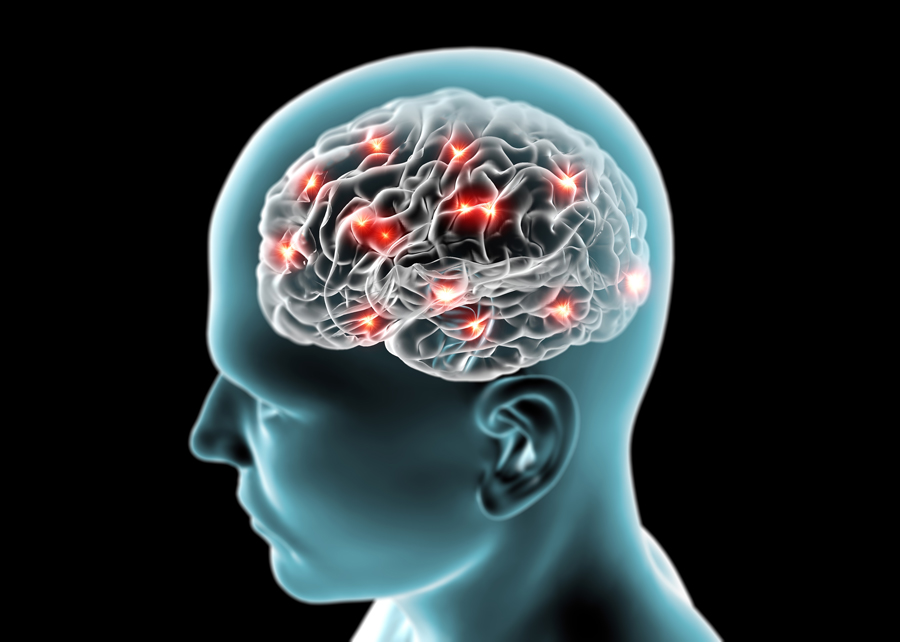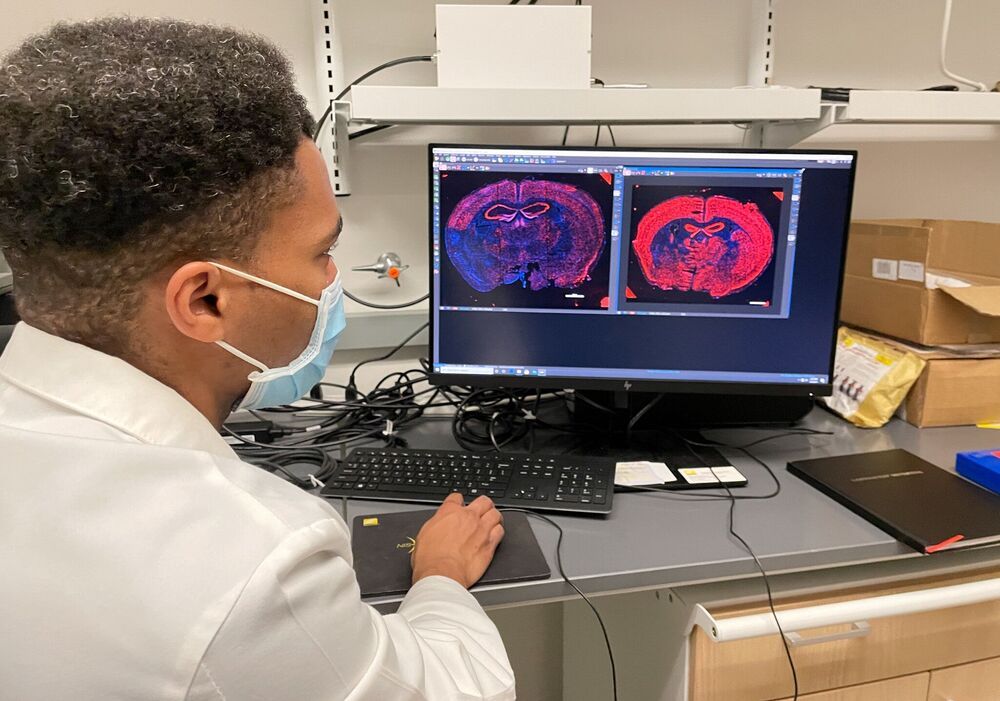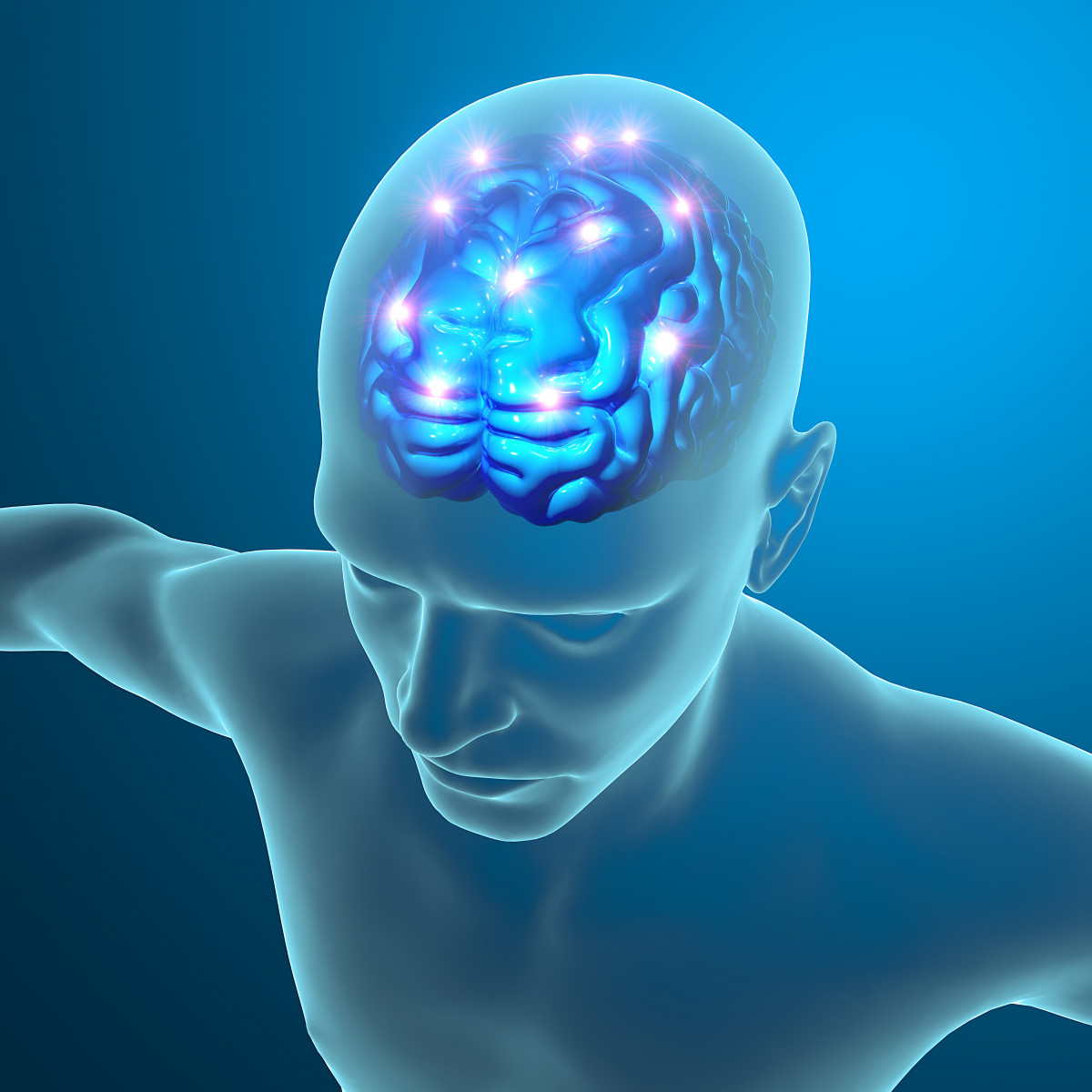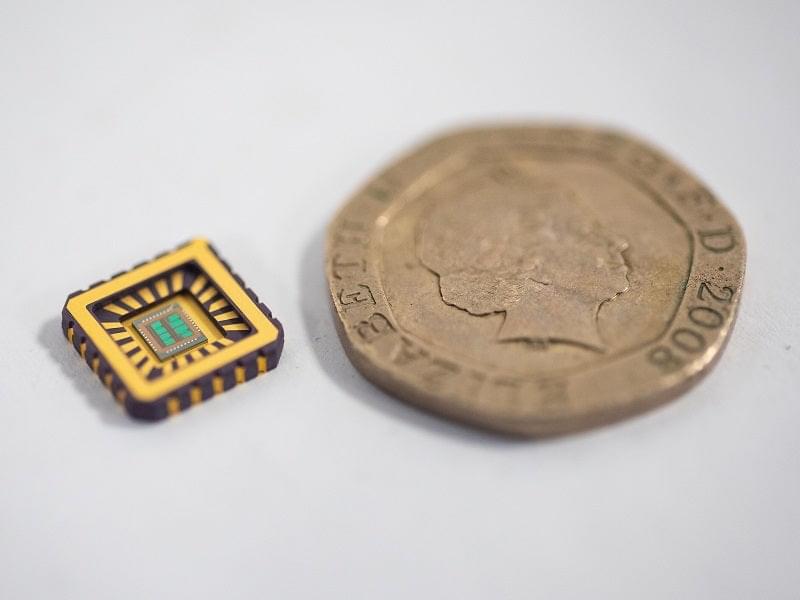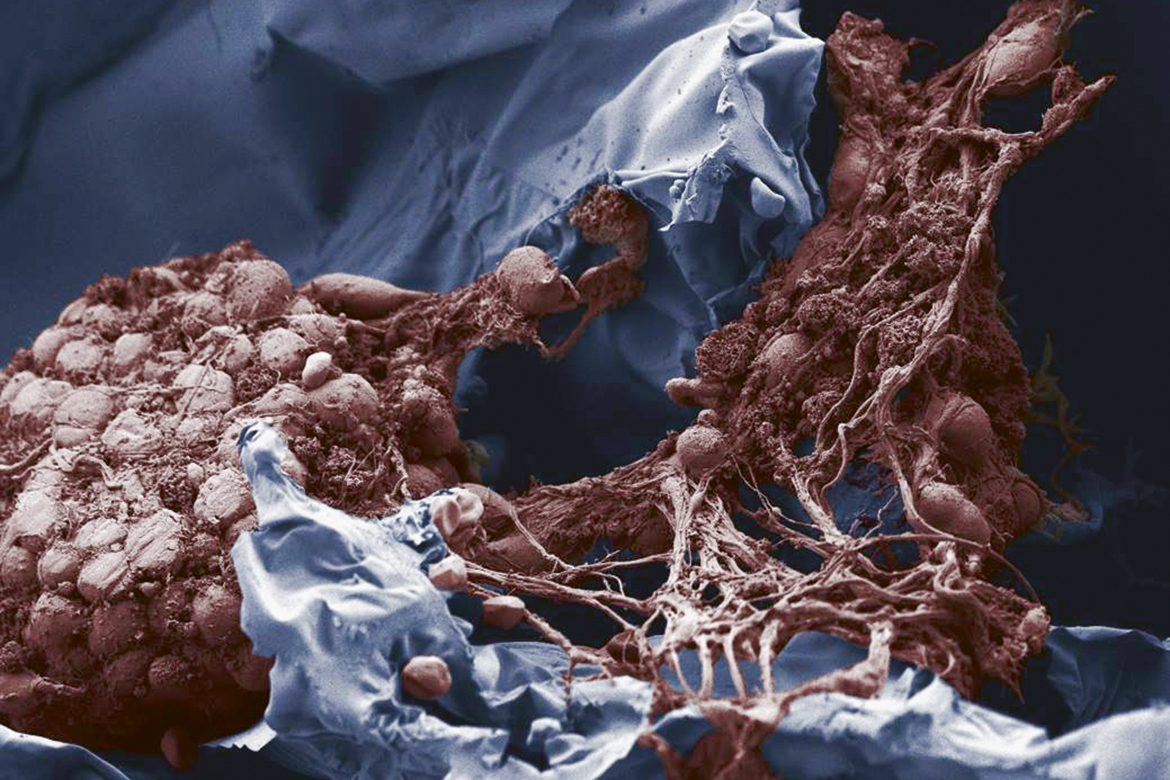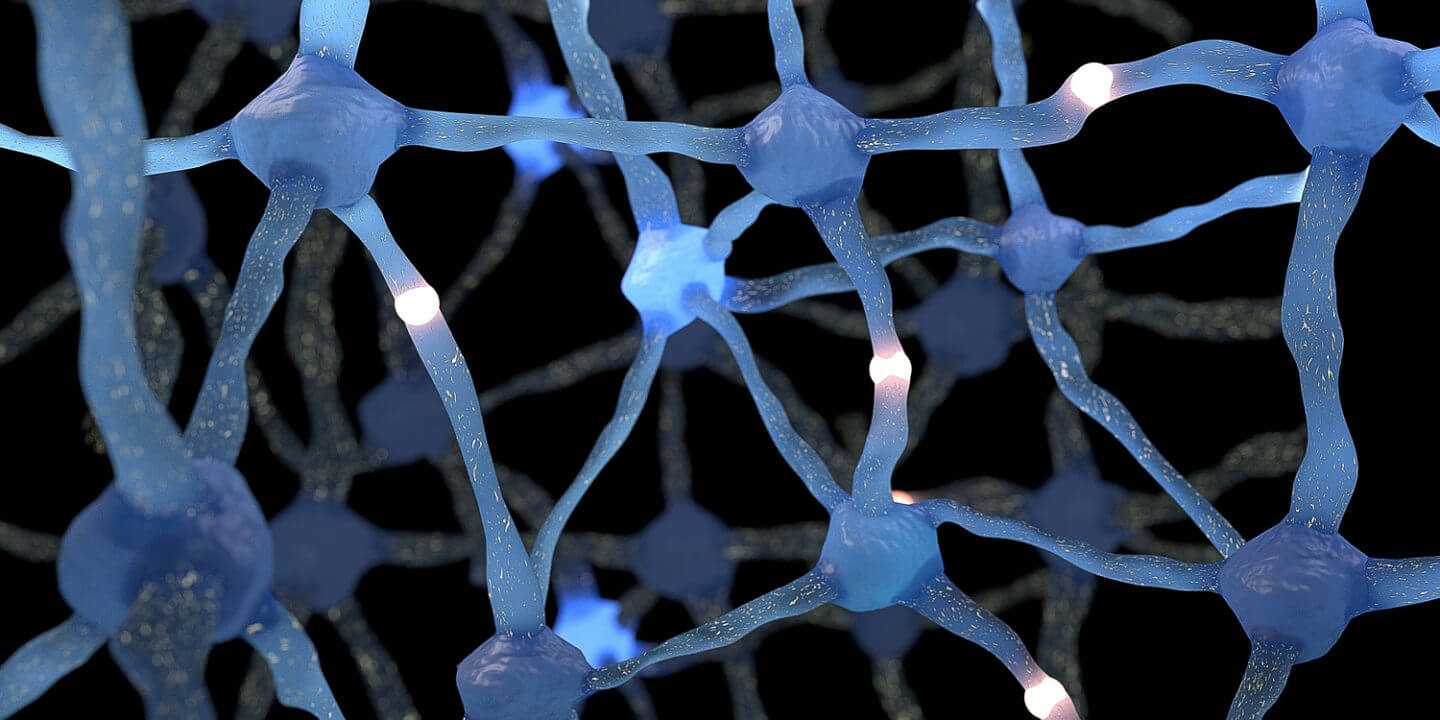Smart Tips About How To Repair Damaged Brain Cells

Sprouting connections in the brain:
How to repair damaged brain cells. Damaged brain cells do not normally regenerate and can lead to permanent motor and cognitive impairments. The first would be to bypass endogenous neural stem cells by introducing nonnative brain cells. When adult brain cells are injured, they revert to an embryonic state, say researchers at uc san diego school of medicine.
Stroke occurs due to a loss of blood flow to the brain. Replacement brain cells, grown to order. There are many types of brain.
In pd there’s a progressive and permanent. After brain injury, the hostile microenvironment and the lack of structural support for neural cell repopulation, anchoring, and synapse formation reduce. By brandon levy.
Two broad strategies for repair are suggested. Researchers altered a molecule that is naturally produced by the body to safely guide. New irp research has revealed the trigger for specific cells in the brain to repair blood vessels damaged by a.
On average, damaged nerves can grow back at a rate of about 1 inch per month or 1. A subset of them can even theoretically. Mechanical damage to the cell.
Can you heal a damaged brain? In their newly adopted immature state,. Get ready to focus on your brain, because according to the aan, the era of preventive neurology has arrived.
In this chapter we review the consequences of traumatic injury to the brain and spinal cord and the regenerative strategies that are being pursued to. The study of brain cell regeneration has been ongoing. When adult brain cells are injured, they revert to an embryonic state, say researchers.
Here we discuss two fundamental issues for a regenerative approach to neurology: Is there really a prospect for regenerating the damaged brain? Recent studies have found that exogenous stem cells can migrate to damaged brain tissue, then participate in the repair of damaged brain tissue by further.
Clinical trials in patients with parkinson’s disease (pd) suggest we can. This may be the result of a blood clot or a bleed on the brain. Transcription factors are the proteins responsible for turning on essential genes that tell a cell what to be and how to behave;
In fact, the academy is hoping that all americans will. Thanks to 'neuroplasticity', your brain can dramatically reprogramme itself after major damage. (ii) cell transplants to replace lost cells or.






